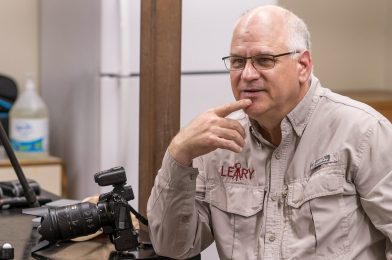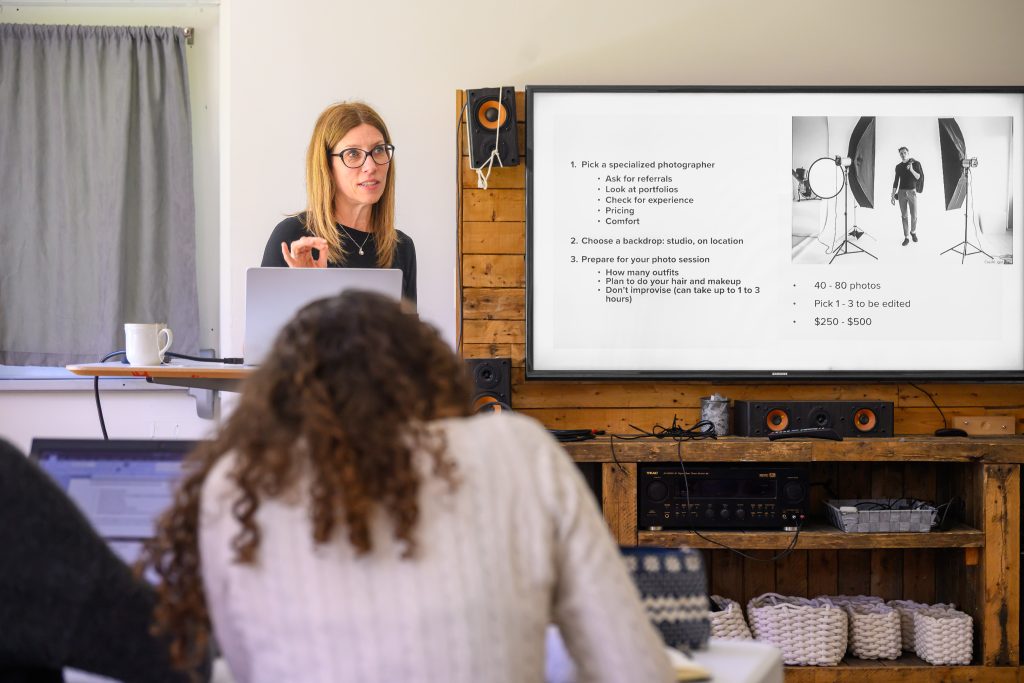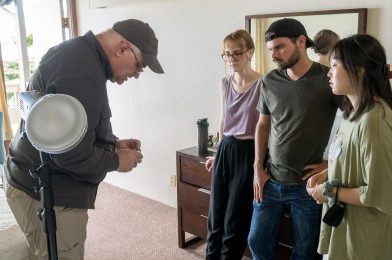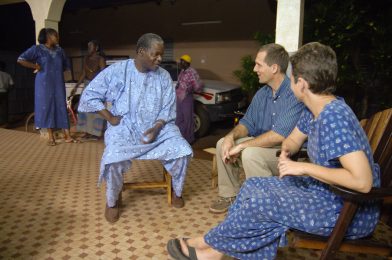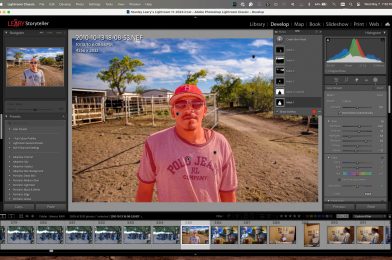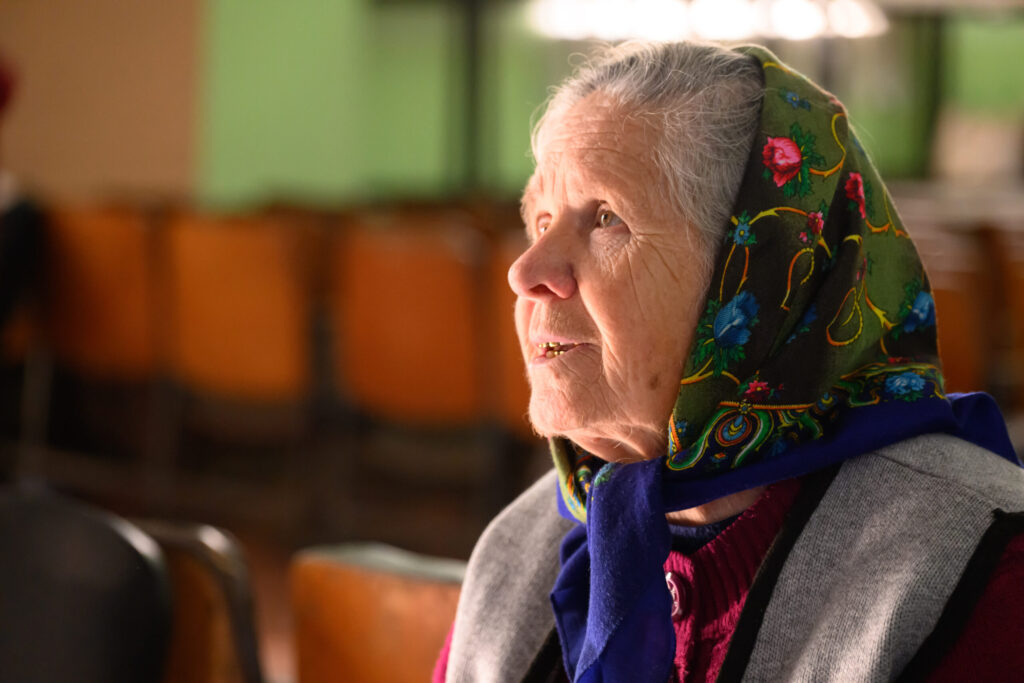Photo by: Dennis Fahringer
Over the years, I’ve understood that I need more time to process things than many. This isn’t a flaw or a lack of interest—it’s just how my brain works. As someone on the autism spectrum, my mind is often very active, constantly interpreting and reinterpreting the world around me. That internal processing doesn’t stop when the conversation does. It frequently keeps going long after the moment has passed.
This has made me realize how important space and time are—not just for reflection but also for functioning well in life and work.
I’ve learned to ask questions professionally, especially when working with clients on creative projects. I want to understand, not just because I need to understand. I need to hear the story behind a project, the intention, and the feeling. When I ask questions, my brain slows down and actually absorbs what’s being asked of me. It gives me the space to deliver something thoughtful and meaningful in return.
Spontaneity doesn’t come easily for me. Quick responses, small talk, and unexpected changes can all be complex. But I’ve also learned that sometimes I must step into those moments and let them happen. It doesn’t always feel comfortable, and my reactions might not always be smooth or polished. But I’ve realized that if I ask others to give me grace and patience as I process things, I must do the same for them.
I’ve been working on that mutual understanding—that give-and-take —and honestly, it’s helped me grow as a professional and human being.
Understanding this about myself has changed how I approach life. I don’t expect to be spontaneous or instantly responsive. Instead, I value thoughtful interaction, deep listening, and intentional communication. It’s not always easy, but it’s honest. And it works for me.
As someone on the autism spectrum, I’ve learned that communication for me doesn’t always follow the expected rhythm.
Sometimes people wonder why I don’t answer right away — why I pause, why I think. But that pause is where the real work is happening. I’m not zoning out; I’m zoning in.
For many of us with autism, conversation is a full-body, full-brain experience. We’re taking in tone, expression, word choice, and social context, and sometimes translating it into mental pictures just to make sense of it.
I’ve come to see that this slower pace isn’t a flaw. It’s a different way of relating — one that’s often deeper, more honest, and more intentional.
If you’ve ever felt misunderstood in how you communicate — or if you’ve struggled to understand someone else’s pace — know that you’re not alone. There’s beauty in the pause.

